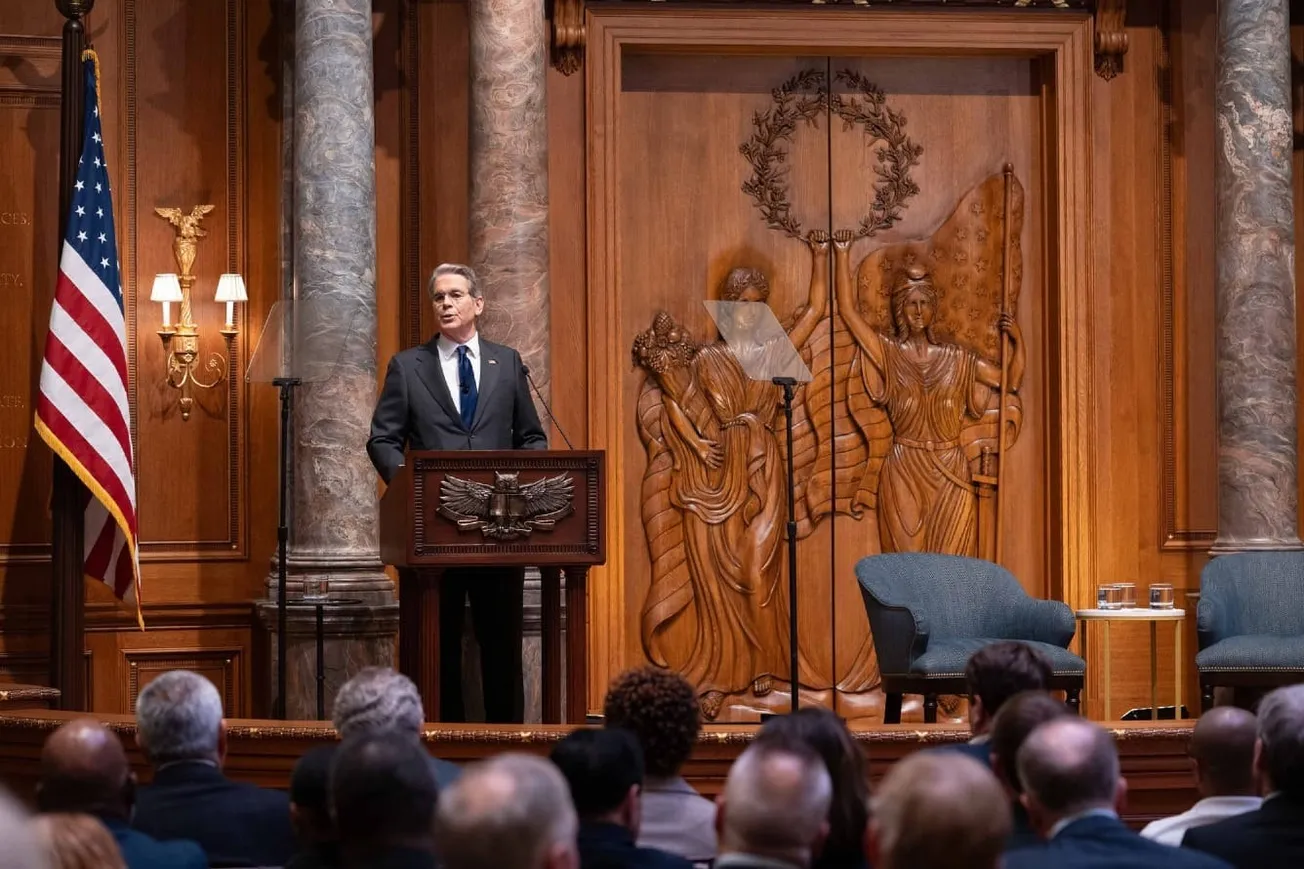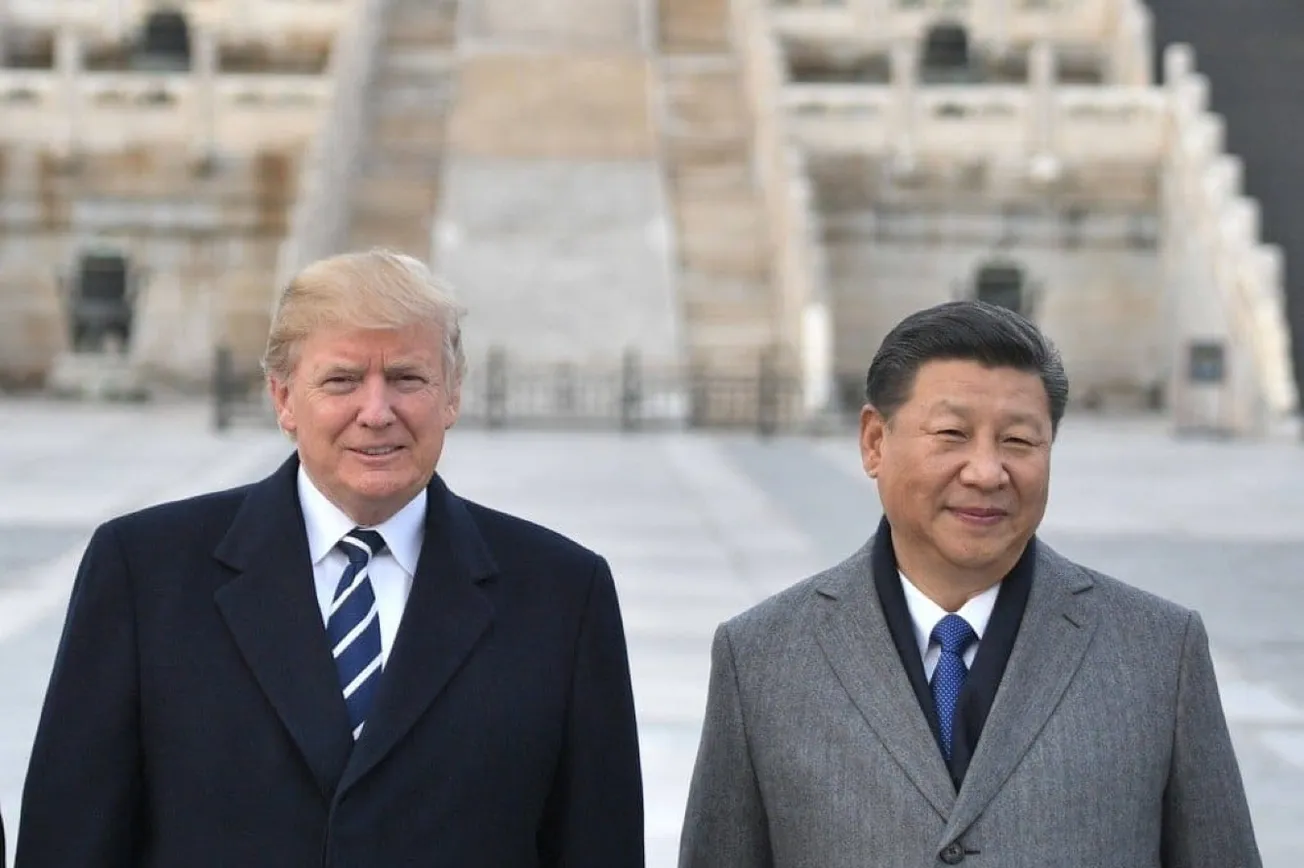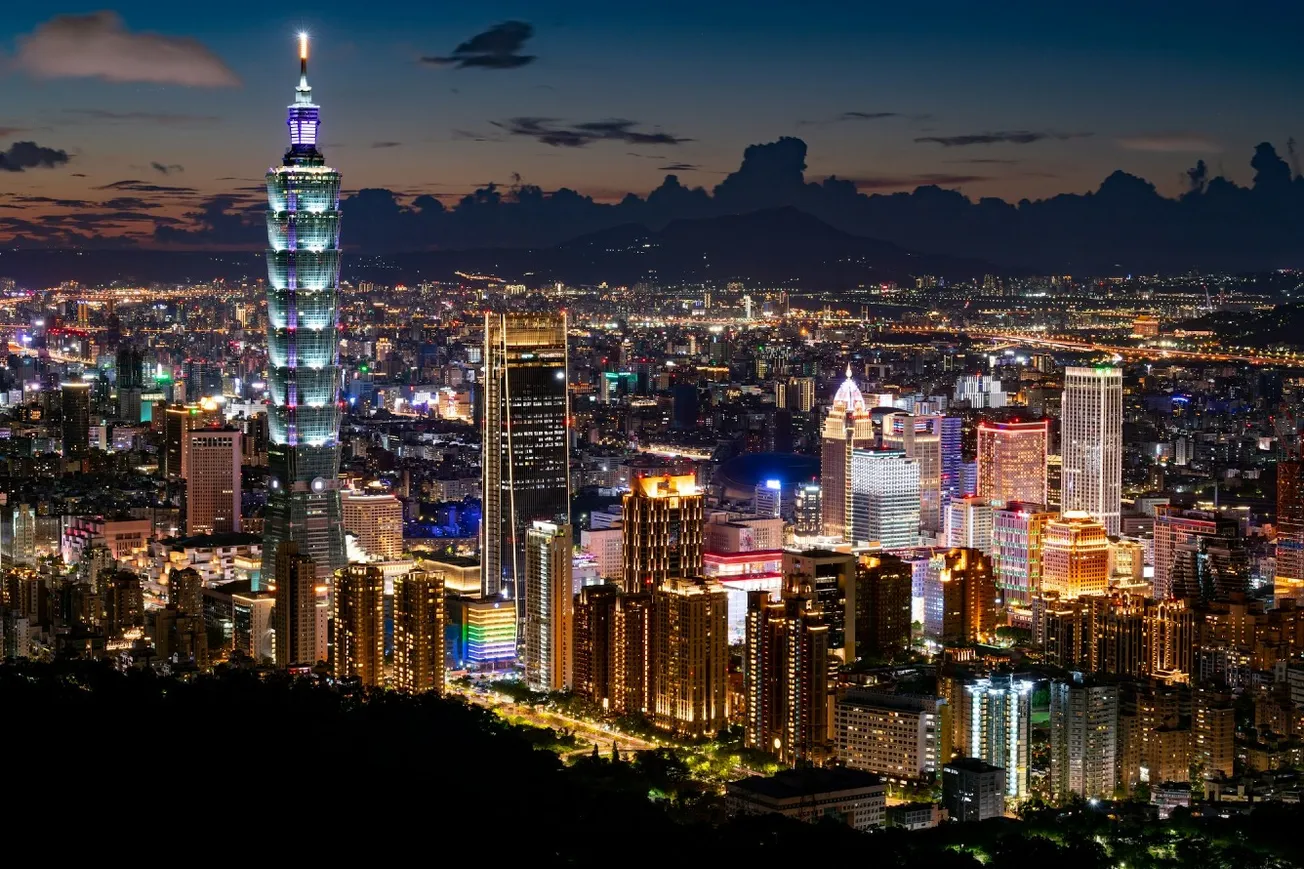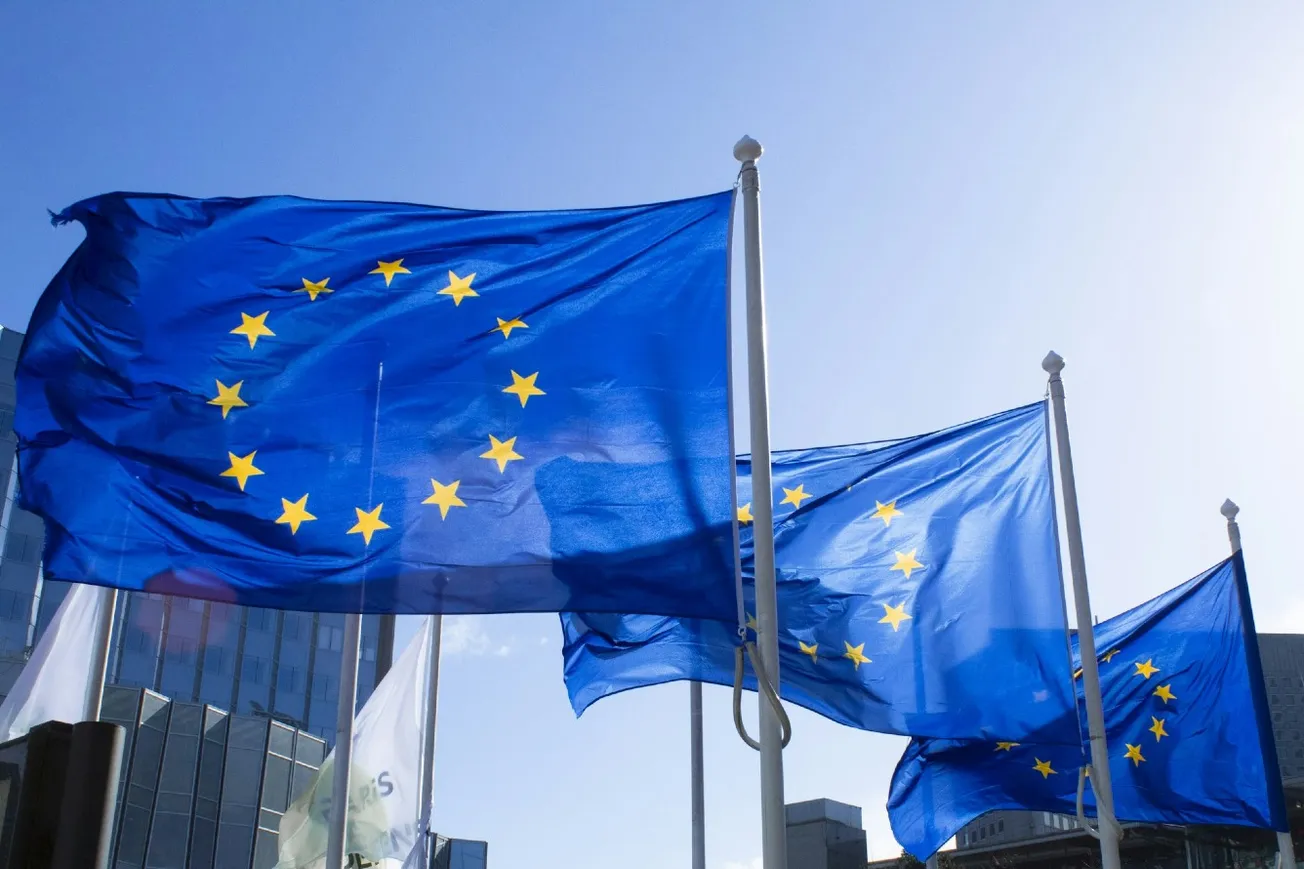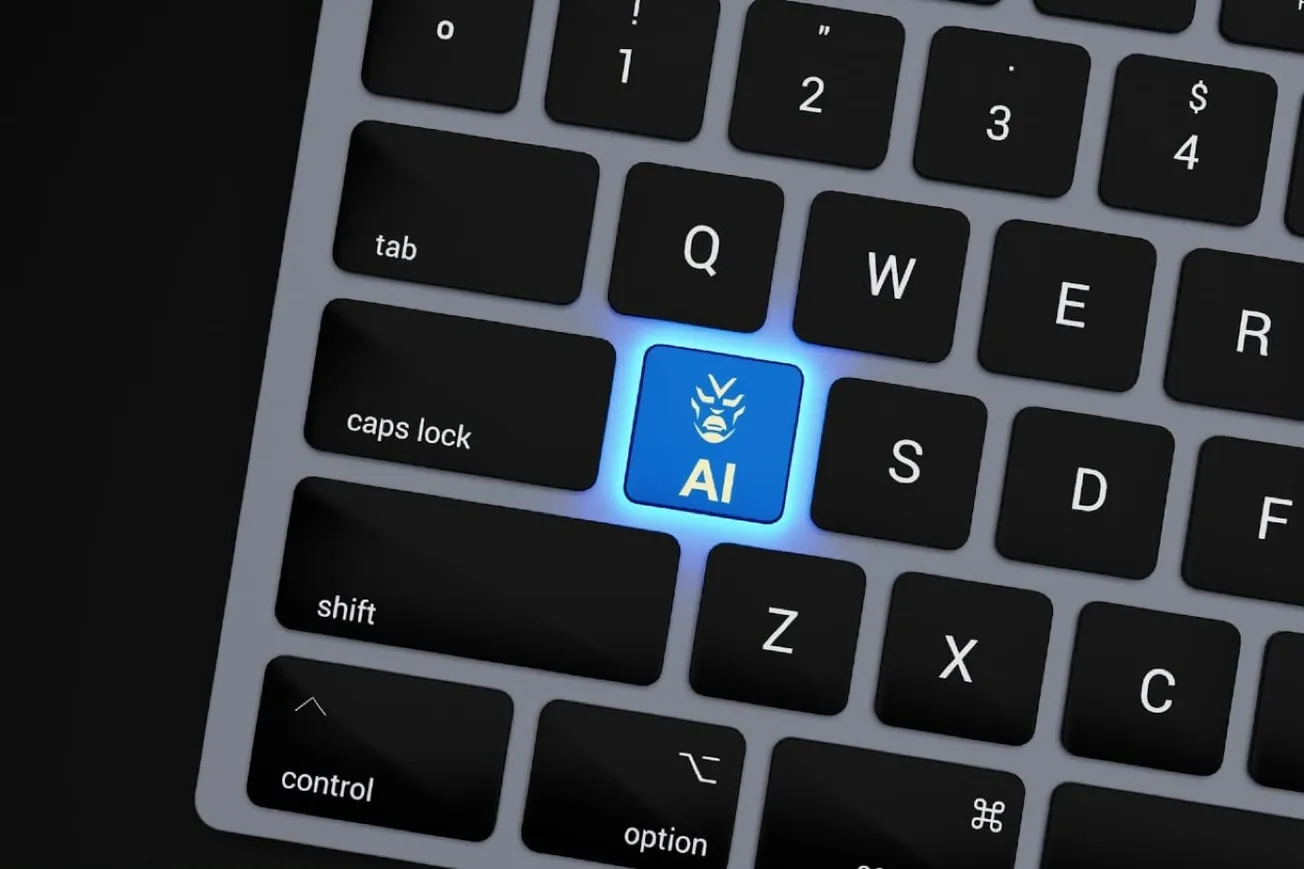By Lori Wallach - Project Syndicate | March 26, 2025
US President Donald Trump’s focus on “reciprocal tariffs,” rather than balanced trade, does not suggest that his administration intends to use tariffs strategically to cut the country’s chronic trade deficit. But Democrats must stop dismissing outright a policy tool that they themselves embraced under Biden.


